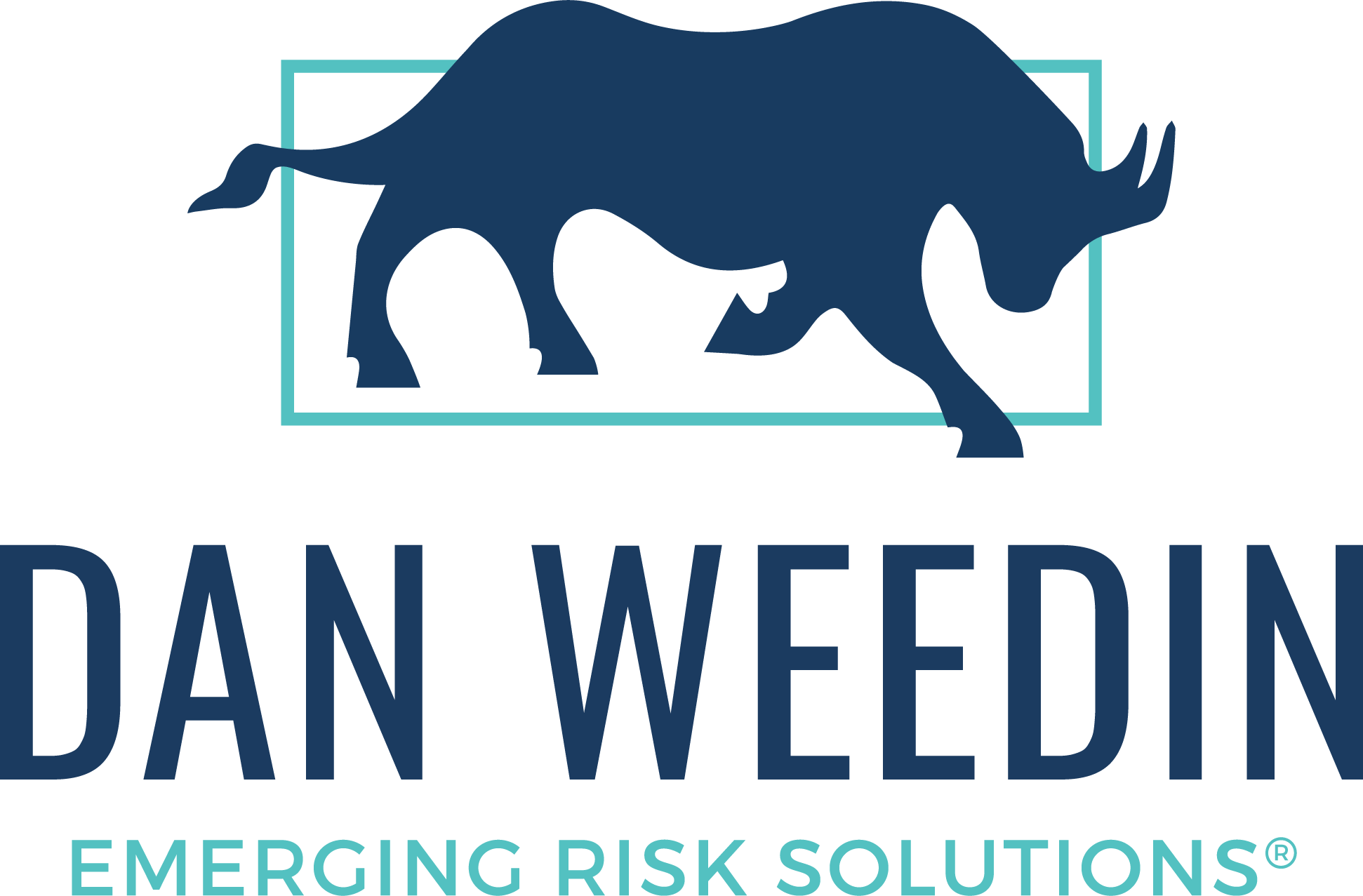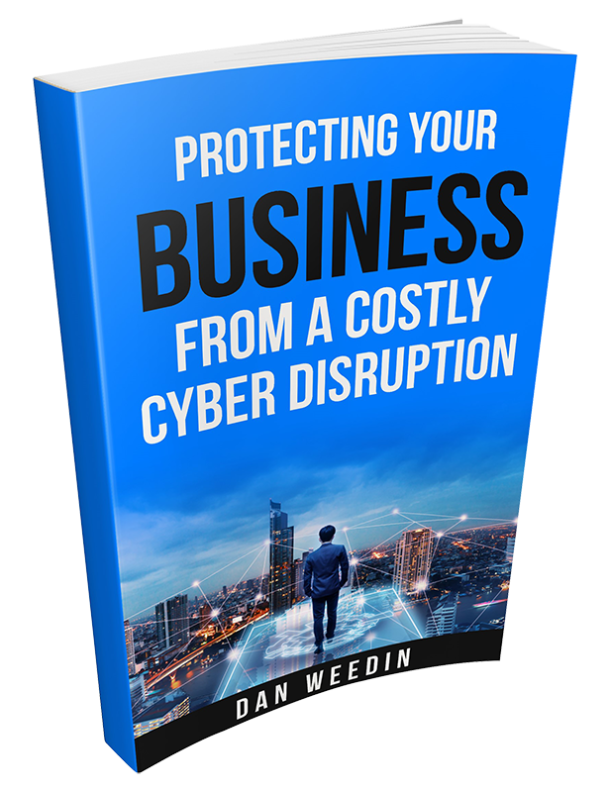
(My real home gym where the bag lives!)
It’s easy to get bored with a workout routine if you don’t change things up. I found myself in that predicament a few months ago. I started taking a class that included punching a heavy bag as one of the circuits. It scratched three itches – it was different, it was great exercise, and I got to hit something really hard without the peril of being hit back or sued! I became so enthralled with it that I asked for – and received – my own heavy and speed bag combo unit for my birthday.
When hitting a golf ball or baseball squarely, you hear this sound of perfection – POP. It’s the sound of the ball being hit perfectly off the club or bat. Likewise, when you hit the heavy bag squarely with your fist, you both feel it and hear the same POP. It’s an exhilarating feeling of adrenaline and keeps me going back to the golf course and heavy bag for more. I want to keep hearing and feeling that POP.
In this final segment of my 3-part series on profitably growing, developing, and protecting your business and people, we will examine a topic you should be very interested in – Growing the equity value of your business. The result of successfully doing this should give you the same adrenaline rush of squarely landing a punch on the heavy bag…. that POP should equate to the financial reward you’re receiving for the risk you took in starting a business.
I speak regularly at events where business owners are in attendance. I’m no longer surprised that many of them have never heard of EBITDA (if you say it fast three times, it reminds you of Porky Pig signing off!). EBITDA stands for Earnings Before Taxes, Depreciation, and Amortization. Your CPA and financial advisors know what EBITDA is and so should you. In essence, it’s your real profit and one of the factors in what you can eventually sell your business for.
This column can’t adequately explain EBITDA, so I encourage you to discuss how yours is derived and what it actually is with your CPA. Here’s what you should know about it for today…
Most business owners will eventually sell their business in order to use the proceeds to fund the lifestyle they desire for their “golden years.” They may sell to children or other relatives; an employee (or a group of them); or to a competitor. Regardless, just like with your house, you want to get full value for your blood, sweat, and tears. You want to maximize the equity.
For every $100,000 of profit increase, your small business (and your wealth) will be more valuable by a range of $300,000 to $500,000 based on valuation multiples of three to five times EBITDA. If you’re a company in excess of $10,000,000 annual revenues, that multiplier is probably closer to five to seven times EBITDA. That’s real money. Do you see now why you as a business owner need to stay apprised of what your EBITDA is?
So why don’t so many business owners pay attention to this, when it’s as important as their 401K and/or stock investments? Because many small and mid-size business owners get caught up in a “success trap.” In other words, they get trapped in your business doing “stuff” that they think they should be doing because it’s their business. While this “stuff” may be important (and at one time you needed to do when they were starting out), much of it can now be delegated by training others or allowing them to do it. Ask yourself this question – Are you optimizing your personal value to the company or are you really an employee with a fancy office?
You can maximize your value by developing leaders and focusing on tasks that improve the value of your company. It’s better both for you and your employees. One of the areas you should focus on is your profitable growth and the valuation of your company because if you wait too long, you may not be happy with the results.
You may be thinking, “I’m not a financial expert.” That’s not a problem. That’s why you build a team of experts – your CPA, wealth advisor, business consultant, insurance broker, attorney, etc. If you invested a couple hours a month to stay current on the equity of your company, you’d be able to strategize how to move forward in regards to growth, scalability, profitability, employees, and clients.
The financial piece of your puzzle is undoubtedly the most complex, and that’s why you must be confident enough in yourself to ask for help from smart people. It’s worth your time and financial investment.
Final thoughts on increasing your business value: While EBITDA is important; it’s only one factor. The topics and concepts we discussed in the past two parts of this series are equally important. The valuation of your company when you’re ready to sell it will be based on three factors:
1. How attractive you are to an ideal buyer.
2. How scalable your business model is beyond your existing market.
3. How many buyers are interested.
If you’re successful in the first two of these, you may not even need the third. Maybe you don’t sell it; maybe you put yourself in a position to sell and keep it or become an acquirer yourself. In the end, you want to create a legacy for your business and build the equity to make decisions on your terms, not someone else’s. And when you do that, you’ll hear the sound of perfection and feel the power of the POP over and over again!
This article appeared in the February edition of the Kitsap Sun/Kitsap Business Journal as part of my regular monthly column.
© 2017 Toro Consulting, Inc. All Rights Reserved

